Doctor of Philosophy in Technology and Information Management

学历文凭
Ph.D.

专业院系

开学时间

课程时长

课程学费

国际学生入学条件
To be considered for admission to the Santa Cruz campus of the University of California:
one must have received a bachelor's degree or its equivalent from an accredited university prior to the quarter for which admission is sought
Applicants with a three-year Bachelor's Degree must also hold a post graduate diploma, Master's Degree, or a higher degree.
and have at least a B average in last two years of undergraduate coursework.
Paper-based TOEFL minimum acceptable scores:570,Internet-based TOEFL minimum acceptable scores: 89,IELTS minimum acceptable score: 7.0
one must have received a bachelor's degree or its equivalent from an accredited university prior to the quarter for which admission is sought
Applicants with a three-year Bachelor's Degree must also hold a post graduate diploma, Master's Degree, or a higher degree.
and have at least a B average in last two years of undergraduate coursework.
Paper-based TOEFL minimum acceptable scores:570,Internet-based TOEFL minimum acceptable scores: 89,IELTS minimum acceptable score: 7.0
IDP—雅思考试联合主办方

雅思考试总分
7.0
- 雅思总分:7
- 托福网考总分:89
- 托福笔试总分:570
- 其他语言考试:NA
CRICOS代码:
申请截止日期: 请与IDP联系 以获取详细信息。
课程简介
The Technology and Information Management (TIM) Program, in its teaching and research, addresses Management of Technology (MOT), and its dual, the development of technology to support or enable managers (which we call the Technology of Management or TOM), in the environment of dynamic and highly competitive commercial enterprises that are often called high-tech enterprises. TIM is a new and distinct discipline within engineering, combining technology management, systems engineering, and information technology. The graduates of its academic programs (undergraduate and graduate) will have a solid technology base from engineering and information technology, coupled with an understanding of the functions comprising business enterprises. Building on this foundation, TIM courses will teach analytical methods in the context of the management challenges faced by enterprises that create new products and services. These analytically trained graduates will be prepared to take leadership roles in existing companies, help create new enterprises, or pursue careers in academia or industrial research. Research by faculty and graduate students in TIM complement its academic offerings, with research in selected areas of both Management of Technology (MOT) and the Technology of Management (TOM). In MOT, initial research will emphasize development of theory, analytical results, methods and tools that more closely couple economic factors into engineering and product decisions of firms. MOT includes studies of the role of information technology in the management of complex systems of both technology and people. Complex systems may involve relationships with partner companies (e.g. suppliers) or among divisions of a large corporation, as well as interactions between organizations and their customers. These components often act with different economic interests. Such complex systems can be made to run more efficiently by using technology to coordinate information exchange between the components.
相关申请
 预科
预科 奖学金
奖学金 实习机会
实习机会 在校学习
在校学习 跨境学习
跨境学习 校园授课-线上开始
校园授课-线上开始 在线/远程学习
在线/远程学习
开学时间&学费
学费信息仅供参考,请与IDP联系以获取详细信息
| 开学时间 | 时长 | 学费 | 地点 |
|---|---|---|---|
| 暂无 | 暂无 | 暂无 | 暂无 |
学校排名

世界排名167
数据源:
泰晤士高等教育世界大学排名
本校相关课程

数学哲学博士
学历文凭
Ph.D.
开学日期
课程费用总额

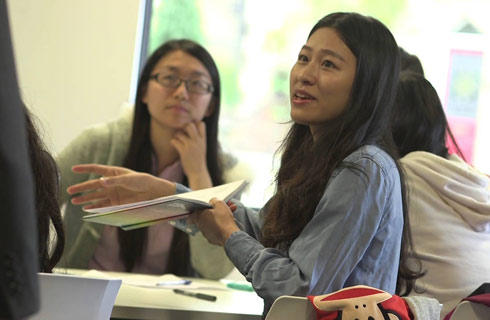
Doctor of Philosophy in Chemistry
学历文凭
Ph.D.
开学日期
课程费用总额

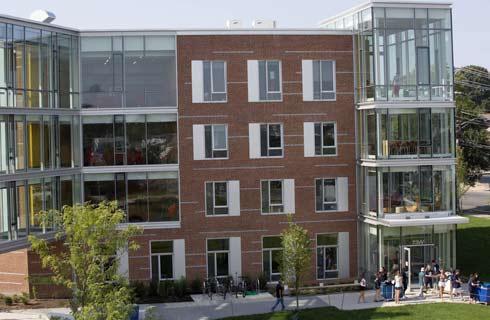
应用数学哲学博士
学历文凭
Ph.D.
开学日期
课程费用总额

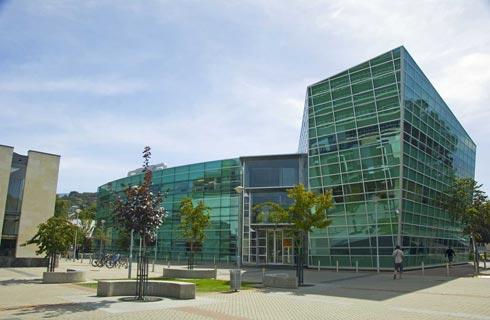
Doctor of Philosophy in Sociology
学历文凭
Ph.D.
开学日期
课程费用总额


Doctor of Philosophy in Psychology
学历文凭
Ph.D.
开学日期
课程费用总额

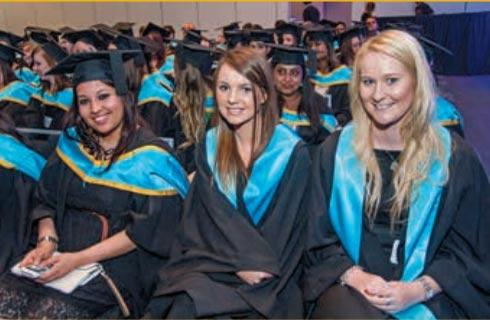
政治哲学博士
学历文凭
Ph.D.
开学日期
课程费用总额

其他相关课程

图书馆与信息技术文凭
 萨省理工学院
萨省理工学院学历文凭
Bachelor Degree
开学日期
课程费用总额


图书馆与信息技术文凭
 菲莎河谷大学
菲莎河谷大学学历文凭
Bachelor Degree
开学日期
课程费用总额


信息技术(荣誉)文学士学位
 约克大学
约克大学学历文凭
Bachelor Degree with Honours
开学日期
课程费用总额

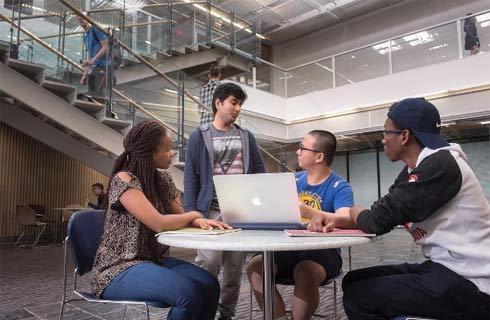
安大略省信息技术解决方案研究生证书
 汉博学院
汉博学院学历文凭
Graduate Certificate
开学日期
课程费用总额


图书馆与信息技术文凭
 麦科文大学
麦科文大学学历文凭
Bachelor Degree
开学日期
课程费用总额


安大略大学信息技术支持服务文凭
 谢尔丹学院
谢尔丹学院学历文凭
Bachelor Degree
开学日期
课程费用总额










 美国
美国
